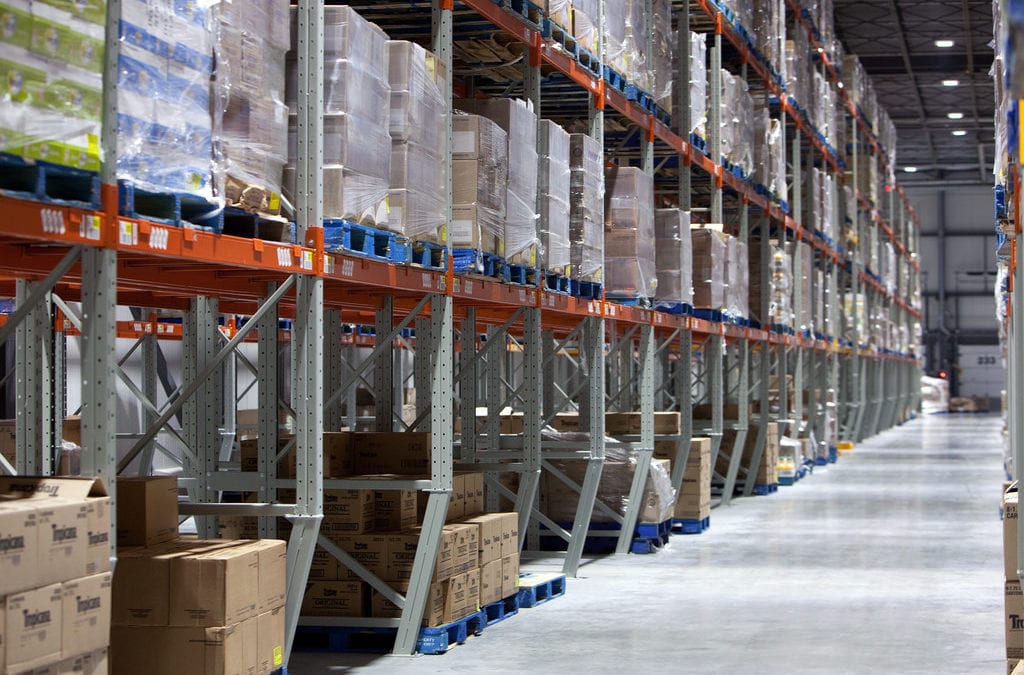Distribution is a key part of any product based business, right up there with production, sales, and shopper marketing. Just because you’re a small company doesn’t mean you can ignore the need for efficient and cost-effective distribution. It’s common for companies to outsource this and operations like retail marketing for many reasons. If your company has some of these reasons in common it may be time to start considering working with a distributor.
Expanding Quickly
Distribution can be tough, as it’s resource intensive and is usually a whole new knowledge set for a business owner. Rapidly expanding companies may find it difficult to expand their distribution arm at the same rate as the rest of their business. This is due to a few complications involved with distribution, including:
Uneven Growth – One delivery person in a van can deal with from 1 to X units of your product. When you sell that next unit, “X+1,” you have to get an entirely new person and a van who won’t pay for themselves until you grow into it.
Labor Intensive – The more sales you get, the more hours of time you need to distribute your product. As your sales efforts start to involve more geographically separated customers, the demands increase quickly in all directions.
Stringent Requirements – Many products have stringent local and state requirements in place that can make store compliance expensive and time-consuming. Take alcohol in Washington State as an example. The Washington State government’s website reveals just how complex they can be, which makes it easier to allow a distributor to handle retail compliance.
Companies are Smaller and More Compact
You may have read the statistic that the number of startups in the US has hit a 40-year low, according to CNN. That statistic can be misleading because it implies that the only companies are large corporations. But after 2008, we did see a huge number of startups around the world. Data from the UK-based Companies House revealed that the number of new startups increased every year since 2008.
Many of these companies are small and may have less than five employees. They simply don’t have enough resources to develop products, measure promotions, and create a distribution arm by themselves.
Why is a Small Workforce a Hassle and a Benefit?
Modern businesses prefer to employ only those that are necessary for the smooth running of their businesses. It’s expensive to hire employees in many parts of the US, and small to medium-sized businesses must question whether it’s really worth it. Expanding your workforce into new capacities also means either hiring a costly expert or using your own precious time to become one.
For many companies, it’s more affordable to simply employ a distributor rather than try to do it in-house.
What You Need to Watch Out For
Naturally, there are disadvantages to outsourcing distribution. Some involve logistical concerns and others involve lack of control. Here are a few questions you should ask:
- Does your distributor take over the sales of your product so that you lose touch with your customers and your “ear-to-the-ground?”
- Are you a big enough percentage of the distributor’s business that they will pay attention to your concerns?
- Will the distributor be able to get to smaller towns?
- Will smaller stores be serviced by your distributor?
- Will your distributor be executing your marketing (pricing, placement, promotion) as well as you would?
- Can your distributor act quickly when your product starts flying off the shelf?
Trust But Verify
If you do decide to go with a distributor, using a 3rd party audit or validation service like Observa can help ensure that customers experience your brands and products exactly as you would like, from stock levels to promotional displays. We provide both numerical and visual (photos and video) data that can make sure your distributor acts as the best partner they can be!
If You Enjoy Our Blog Sign Up To Our Newsletter!
Share your email address and you will receive weekly and monthly updates and articles.
